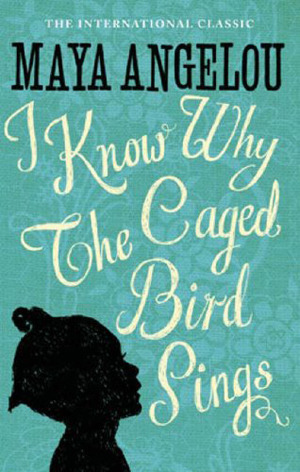This was a book for my reading group, which is the only reason I read it to the end. Were I reading it for myself, I would have stopped after about 5-10 pages. This is thus a caveat: I did not like the book.
The Lady in Gold, by A.M. O'Connor, has the subtitle The Extraordinary Tale of G. Klimt's Masterpiece, Portait of Adele Bloch-Bauer. When we were deciding in my group about which book to read, I was under the impression that it would be the legal proceedings between Adele's heirs and the Austrian State. I knew the basics about the case, but I definitely knew the outcome: the sale of this very portrait for over USD 100 million to the Lauder family...
This already made me slightly averse to the story: I'm not keen to see art of this grandeur being bought and sold. I truly believe it should be publicly available, and not just the privilege of an elite class. Still, I was interested enough to seek for a fact what the background of these proceedings was and decide for myself whether I would agree with Maria Altman, the heir who initiated the proceedings, or not.
My first difficulty was the subtitle itself, however trivial it may seem. The fact that the author (or publisher) decides that the tale is extraordinary makes me all the more cautious: I get to decide what is ordinary or not, based on what I read.
The second difficulty, which would have me stop reading almost immediately, was the prejudice I sensed. While I have no connection to Austria, I'm not particularly in favour of a non-fiction book where sides have already been taken. The beauty of non-fiction is exactly the possibility to lay down all the facts for a subject and have the conclusion come on its own. In addition, such generalisations are almost always dangerous:
"Hitler was Austrian, though the world forgets this" (I personally am offended by this remark)
"Austrians learned not to ask too many questions"
"(in Austria) the Jewish tradition of aiding their widowed, orphaned and handicapped inspired envy"
The book is about 300 pages long, over 220 pages of which are dedicated to what I call the saga of the Bloch-Bauer family and their entourage. Endless descriptions of the cafés, the parties, the clothes, the romances - not only of Adele, which I could accept, her being the main character of this story, but also of distant relatives and friends of friends (I may exaggerate here a little). For someone interested in pre-war Vienna, that's great. Unfortunately, I was not. I wanted to read about a specific story and I only got to it towards the end.
And even then, the narrative is too "pretty": how the polite, soft spoken Maria Altman managed to be heard and lead the way to the court (parenthesis: I hope the courts are not seduced by the "Italianate German of the Habsburg empire" and look only on the "boring" hard evidence).- when it is proven even in this book that there was huge support from the Commission for Art Recovery and the personal intervention of Ronald Lauder, heir to the Estée Lauder cosmetics.
Whether or not Adele's heirs were right to take this painting away from Austria and sell it (to R. Lauder) along with others, is a matter of personal opinion. The only point I'll make from the information in the book, was the fact that from all the money made (almost half a billion), there was no donation made back to the Austrian State - so was it all for personal profit then?
 How does one treat adversity? how does one address failure? in our day and age, when negative instances can have a major impact on our lives, we need to look for ways to handle these, survive, move on and eventually thrive.
How does one treat adversity? how does one address failure? in our day and age, when negative instances can have a major impact on our lives, we need to look for ways to handle these, survive, move on and eventually thrive.







